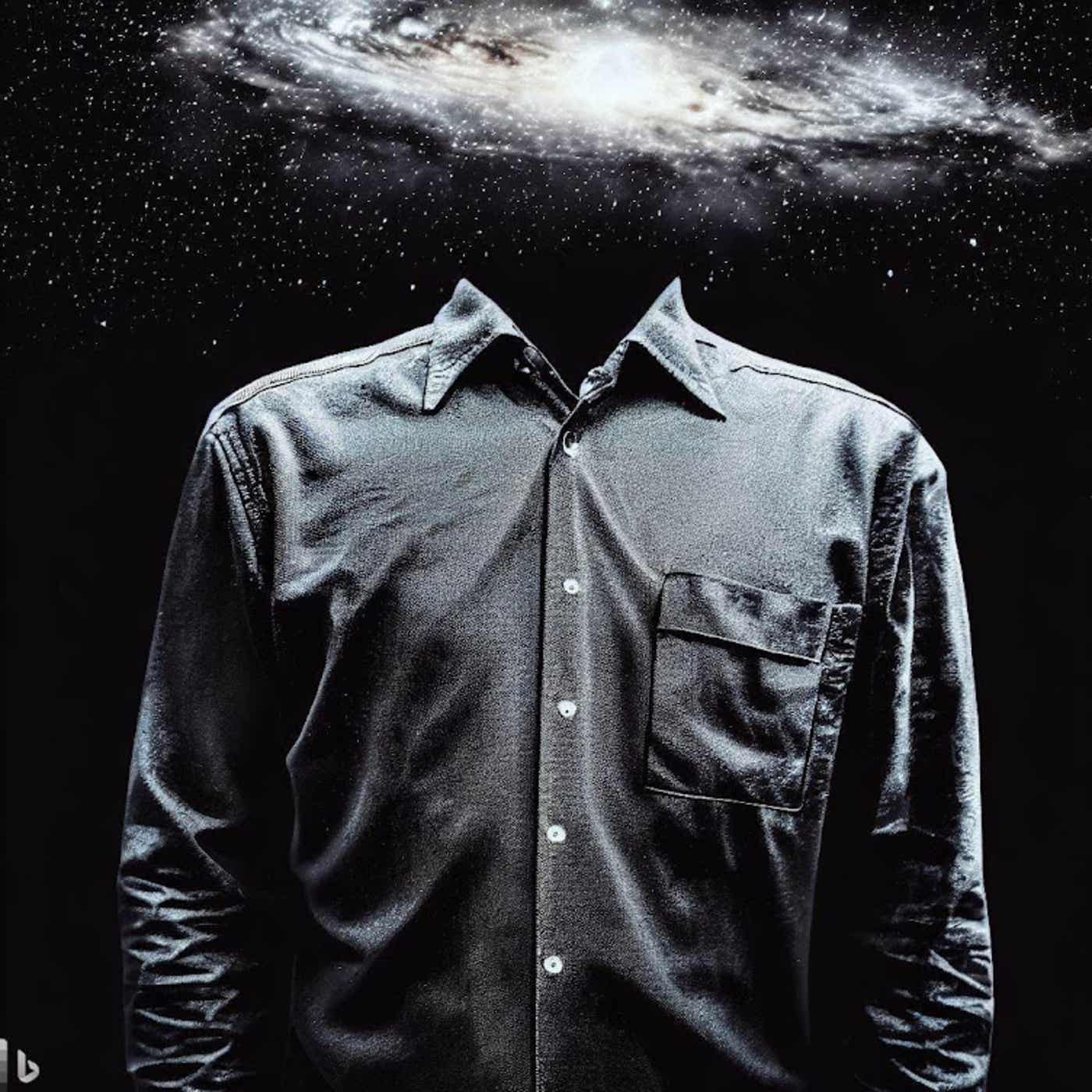Bernardo Kastrup - Analytic Idealism
Description
Philosopher Bernardo Kastrup takes the “hard problem of consciousness” and completely turns it inside out. Kastrup’s PhD dissertation titled Analytic Idealism: A consciousness-only ontology, argues that consciousness is fundamental. Everything supposedly “material” (including our bodies and brains) are appearances in consciousness.
Kastrup uses the concept of alter-egos to describe how we all appear to have our own individual consciousnesses. It is not that we are separate individuals with our own bodies and our own minds, but rather that each of us is one of the many “alters” in a universal consciousness and that “others” are what the other alters look like from the perspective of our own alter.
According to Kastrup, this explains away the “hard problem”. Instead of the traditional view that brain activities are the neuronal correlates of consciousness - e.g. proof of the brain generating thoughts, the opposite may be true. Brain activity is actually just what the mental process of one “alter” looks like to another alter.
I find this to also be a beautiful way of thinking about “the one” and “the many”. At one level we are many minds, but at another level we are one mind. Wouldn’t that totally change the nature of disagreement in this world if we took seriously the idea that “they” are really “me” experiencing different thoughts?
This is a public episode. If you would like to discuss this with other subscribers or get access to bonus episodes, visit headlessdeepdive.substack.com
More Episodes
Published 11/11/24
In his article, On the Nature of Time, Stephen Wolfram describes the computational model he has for the universe and how that results in a new way to look at time. Wolfram is a physicist, computer scientist, author, inventor of Mathematica (software used by scientists and engineers) and Wolfram...
Published 11/09/24
You know how in cartoons sometimes they show a dotted line from a person’s eyes to show what the person is looking at? It turns out, that we actually do something like that in our own heads to track what another person is looking at. This paying attention to how we and others around us are...
Published 11/04/24


